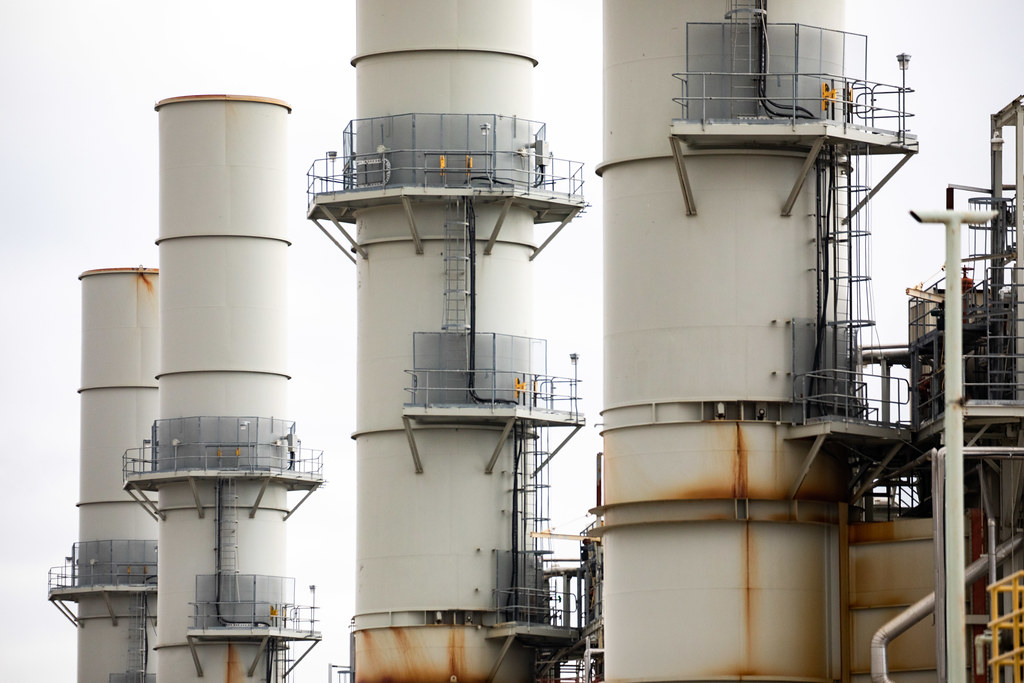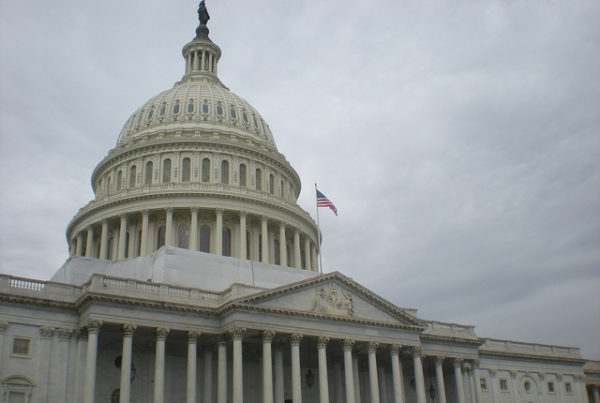There’s no doubt that gas and electricity costs are putting the squeeze on consumers, but America’s energy woes pale in comparison to what’s going on in Europe.
Across the Atlantic, soaring power costs have some governments scrambling for alternatives and calling on their populations to reduce energy usage. The worst may be yet to come, if things don’t improve before winter’s colder temperatures hit – and it’s not looking good.
Matt Smith, the lead oil analyst for the Americas at Kpler, told the Texas Standard that natural gas shortages in the European Union aren’t likely to ease any time soon.
This transcript has been edited lightly for clarity:
Texas Standard: So what’s the status of this European energy crisis? We’ve been hearing about natural gas shortages, but any reason to think that things will improve any time soon?
Matt Smith: No, it is concerning for sure. So, you’ve got EU members that have agreed to reduce natural gas use by 15% starting this month. But then they’ve also got cities and countries across Europe that are requesting energy saving limits to essentially reduce electricity use. But on the natural gas side of things, it is a real concern because with Russia they have this main pipeline that went offline last month for maintenance, but then after it came back, flows dropped again in the days following due to an apparent issue. So you’ve got almost this weaponizing of natural gas happening now ahead of winter. And so that’s surely going to be concerning these various countries in Europe.
What about when it comes to other products besides natural gas? I’m thinking about crude oil, for example. Are there similar issues there?
Yeah. So again, Europe is hugely reliant on Russia for crude and products, and we’re not seeing a big change in what’s leaving Russia on the aggregate. So even though crude may be dropping into, say, northwest Europe, we’re seeing it instead going to Asia. So there isn’t really too much of a change in terms of that or the gasoline and diesel flows. And there’s not likely to be until, you know, sanctions kick in at the end of this year.
I could see how some folks would look at this and say, okay, perhaps this situation will hasten Europe’s transition to renewable energy. Does that appear to be the case at all?
Yes and no. So in the immediate term here, the opposite is happening because, you know, they’re experiencing heat waves and spiking prices and concerns about supply. So power producers looking to get their hands on whatever they can to essentially try and keep the lights on. So that means, you know, trying to pivot to more natural gas from elsewhere or diesel fuel or even coal. So you’re not seeing that transition, quite the opposite, in the immediate term. But over the longer term, this is just going to accelerate that process, so there’s going to be that shift into solar, more into wind. It’s just that they’re just scrambling at the moment.
So what does this all mean for the United States and for Texas? Or how could we feel some of the ripple effects as we move into the winter months?
So with the U.S., we are at $8 an MMBtu for natural gas, that’s the highest that we’ve seen in years. But if you look at Asia, they’re paying $45, and then Europe’s paying $60 right now. And so, yeah, Europe’s really trying to fill up their natural gas storages there, but they’re likely to pay 10 times as much as they were on the historical average. And so, yes, we have rising costs here in the U.S., but nothing compared to what we’re seeing abroad.
And I know that in Texas, one thing that’s happening is that we are seeing continued industrialization. I’m thinking specifically about liquefied natural gas facilities on the coast of Texas. Is that the kind of development you think that we could see more and more, even though this is really sort of a short-term issue as we see it right now?
There’s actually been one thing that’s happened. So there’s been this LNG terminal at Freeport, which had a fire back in June, and sort of counter-intuitively somewhat you saw natural gas prices in the U.S. drop. And the reason for that is because that LNG, or that natural gas, was supposed to be leaving the country, but instead it got kind of shut in to a certain extent there because of this fire. But once that comes back in October, we’re going to be seeing record LNG exports out of the U.S. And given these prices we’re talking about in Europe and Asia, you know, so high, those record exports are surely only going to increase from the U.S.













